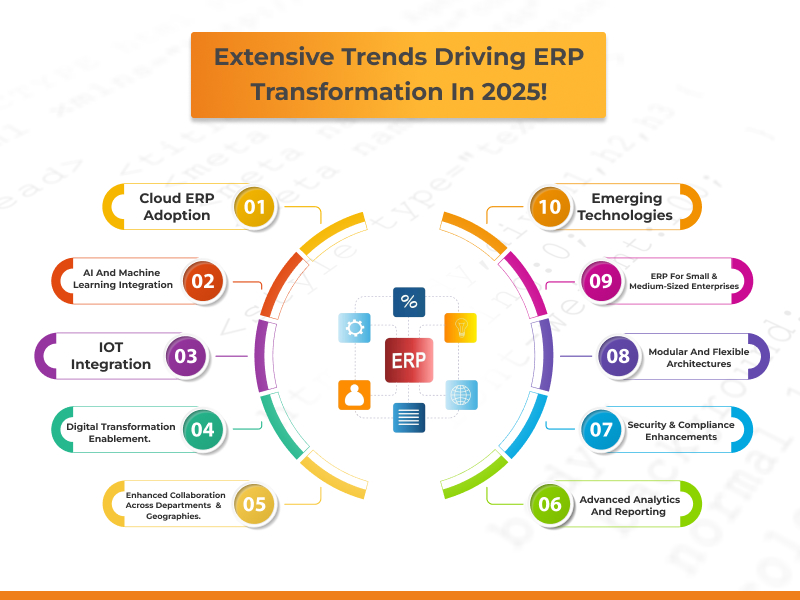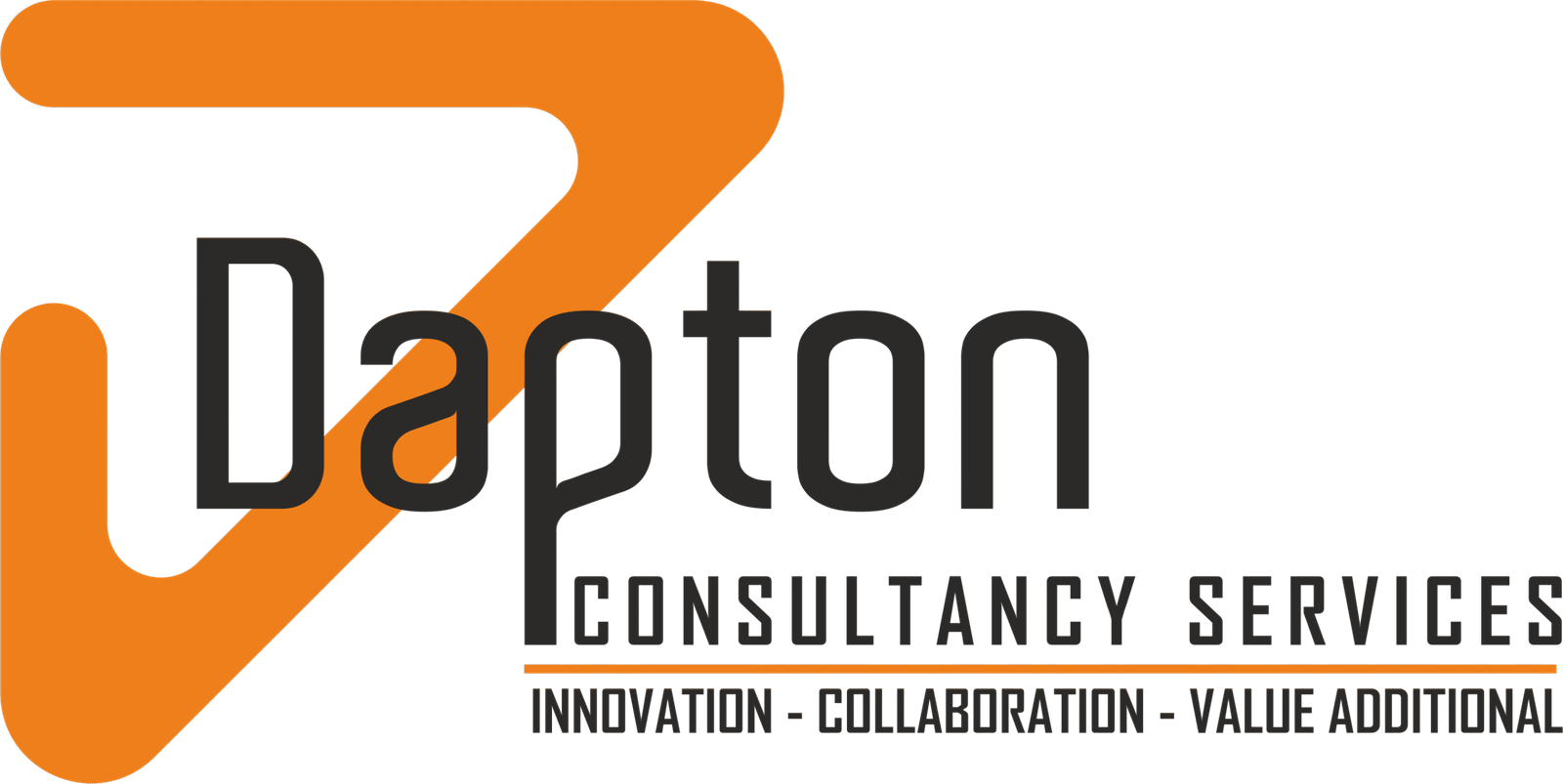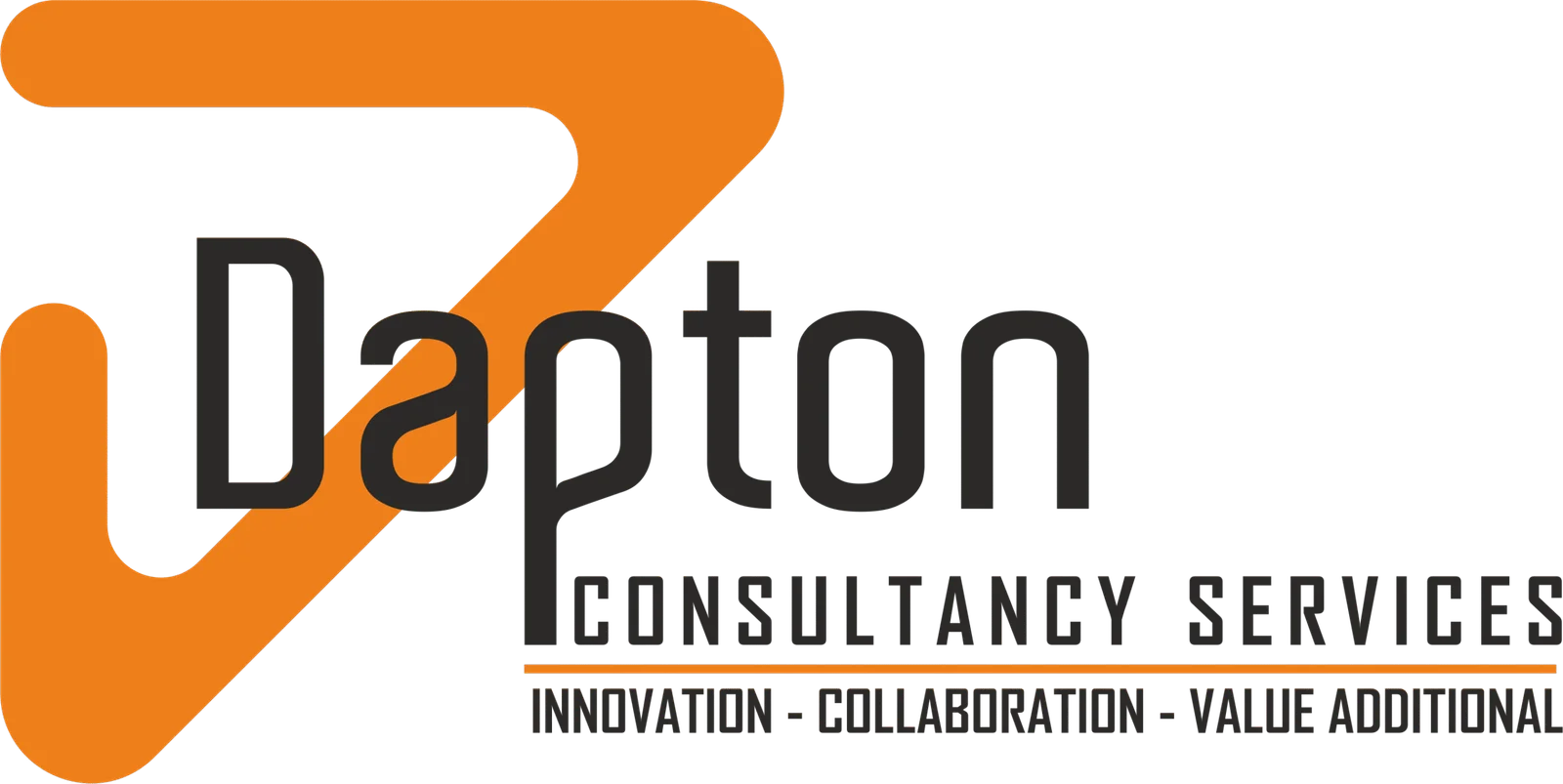Enterprise Resource Planning systems are – reshaping the way global businesses operate in 2025. With swift advancements in technology – companies are embracing digital transformation through – ERP solutions to stay competitive. These ERP systems – streamline operations, improve data accuracy, and enhance decision-making.
Global ERP solutions in 2025 offer – more than just automation. They integrate – artificial intelligence (AI) to predict trends and optimize workflows. AI in ERP systems is – helping businesses analyze vast amounts of data in real time. This leads to – smarter strategies and faster responses.
ERP business transformation is no longer optional. Organizations are rethinking legacy systems. They are adopting modern platforms that support scalability. ERP integration in 2025 connects – finance, supply chain, and HR into a unified ecosystem.
This transformation is driving efficiency and innovation. Businesses can now adapt quickly to – market changes and reduce operational costs. As ERP systems evolve, they become central to global growth strategies.
As per McKinsey’s reports, only 20 percent of organizations manage to capture more than half the anticipated assistance from ERP systems. In this article, we will discover how modern ERP solutions are – comprehensively transforming global businesses. We will look at the – key trends and the impact of ERP integration in 2025.
What is ERP and How It Works?
ERP is a software that integrates – key business functions. It connects – finance, HR, supply chain, manufacturing, and more into one system. Modern ERP software helps – companies manage operations efficiently.
In 2025, cloud ERP adoption is – accelerating across industries. Businesses are moving from traditional on-premise systems to – flexible, cloud-based platforms. This shift enables – real-time data access from anywhere.
Cloud ERP offers – better scalability and lower maintenance costs. It supports – fast decision-making and seamless collaboration. Modern ERP software also adapts to – changing business needs.
With cloud ERP adoption in 2025, companies gain – agility and control over their entire enterprise. Our precise cloud and SaaS ERP development services enhance – usability for companies and their customer base.
Extensive Trends Driving ERP Transformation in 2025!

The two-tier ERP model allows – enterprises to run a central ERP system. ERP scalability ensures systems can grow with – business needs and complexity. ERP deployment trends are enabling industry-specific solutions for faster implementation. Let us explore more about the significant trends that are driving ERP transformation in 2025.
1) Cloud ERP Adoption.
Cloud ERP offers major benefits for global businesses. It provides agility to – adapt quickly to market changes. Companies enjoy cost savings by reducing – hardware and maintenance expenses. Easy scalability lets businesses grow – without system limitations.
Cloud ERP also supports remote workforce access. This enables teams to collaborate from anywhere. So, the benefits of cloud ERP for global businesses help them stay competitive.
2) AI and Machine Learning Integration.
ERP integration in 2025 is – smarter and faster than ever. AI in ERP systems is transforming -how businesses operate. With AI and Machine Learning integration – companies gain predictive analytics for future planning.
Intelligent automation reduces – manual tasks and boosts efficiency. Enhanced decision-making helps – leaders respond quickly to market changes. How AI is transforming ERP solutions in 2025 is clear—systems are more adaptive and proactive. Businesses now rely on ERP for – real-time intelligence and strategic growth.
3) IoT Integration.
IoT integration is revolutionizing ERP for manufacturing. Our IoT enabled ERP systems offer -real-time equipment monitoring, helping detect issues early. Predictive maintenance reduces – downtime and extends machine life.
Manufacturers gain better supply chain visibility with – connected sensors and smart devices. The role of IoT integration with ERP in manufacturing is growing fast. It improves – efficiency, safety, and decision-making.
ERP systems now collect and analyze data from machines instantly. This leads to smarter operations and faster responses across the production line.
4) Digital Transformation Enablement.
ERP systems are the – backbone of end-to-end digital business processes. Digital transformation through ERP helps companies streamline – operations and improve efficiency. In 2025, ERP systems for workforces will come with highly secure cloud-based access.
Digital transformation with ERP for SMEs will gain better control. However, ERP adoption challenges include – cost, training, and integration.
ERP adoption challenges and solutions in 2025 will – focus on user-friendly platforms. ERP will continue to – drive innovation and growth across industries worldwide.
5) Enhanced Collaboration Across Departments and Geographies.
Modern ERP software improves collaboration. It unifies data to – break down silos and improve operational efficiency. Teams can access shared information in – real time, no matter where they are.
ERP systems for – remote and distributed workforces support – seamless communication and coordination. Global ERP solutions ensure – consistency across regions and business units. This leads to – quicker decision-making and improved resource management. With centralized systems companies operate smoothly. They stay aligned across – all levels of the organization.
6) Advanced Analytics and Reporting.
Progressive analytics and reporting are – key features of modern ERP systems. Real-time dashboards display – KPIs and business insights instantly. ERP analytics and reporting help leaders – track performance and spot trends.
AI in ERP systems adds intelligence to data analysis. Machine Learning (ML) improves -forecasting and decision-making. Businesses can now respond faster to – changes and opportunities. AI and ML tools turn – raw data into actionable insights. In 2025, ERP platforms will offer – smarter, dynamic reporting for – global business success.
7) Security and Compliance Enhancements.
Global ERP solutions prioritize – data privacy. Strong ERP cybersecurity features protect – sensitive business information from threats. Role-driven access makes sure – only authorized users can – view or edit data.
Regulatory adherence is built into – modern ERP systems to meet – global compliance standards. Security best practices for – ERP in global organizations include – encryption, regular audits, and multi-factor authentication. These measures help – prevent breaches and ensure trust. Businesses rely on secure ERP platforms. They operate safely across the borders.
8) Modular and Flexible Architectures.
Modular and flexible architectures are – reshaping ERP integration. Businesses can customize ERP systems. So, they can easily fit to – specific needs. Modular architectures allow – faster upgrades without disrupting operations.
Modular ERP platforms support plug-and-play functionality – making changes smoother. The impact of modular ERP architectures on – business agility is significant. Companies can respond quickly to – market shifts and scale efficiently.
Flexibility helps global teams stay – aligned. Modular ERP is key to building – future-ready enterprises.
9) ERP for Small and Medium-sized Enterprises.
ERP for SMEs is – more accessible. Cloud ERP options offer – affordable and scalable solutions for growing businesses.
SMEs can manage – finance, inventory, and operations from a single platform. These systems support – remote teams and real-time data access.
ERP for SMEs in 2025 helps – improve efficiency and decision-making. With flexible features and easy deployment – small businesses can compete globally. Cloud ERP empowers SMEs to – grow faster and adapt to changing market demands.
10) Emerging Technologies – Blockchain, Generative AI & Autonomous Operations.
Emerging technologies are – reshaping ERP systems in 2025. Blockchain adds – transparency and trust to business transactions. Generative AI supports – automation and smart decision-making across departments. Autonomous operations reduce manual work and improve efficiency.
Digital transformation through ERP solutions is faster and more intelligent. Cloud ERP adoption in 2025 enables – global access and seamless integration.
All these technologies help – businesses stay agile and competitive. With advanced tools, ERP systems now steer – innovation, accuracy, and smarter workflows across industries. Explore how to select the right ERP partner for driving – your business and operations.
Key Business Benefits of Modern ERP Solutions?
Modern-day ERP solutions supercharge – efficiency by reducing manual tasks. With real-time data at your fingertip decisions become – faster and smarter. Integrated ERP systems break down silos – connecting departments for smoother workflows. Let us explore – the benefits of global ERP solutions in detail.
Reduced operational costs and increased productivity
Cloud ERP automates – tasks and reduces manual work. Businesses save on – infrastructure and maintenance. Teams work faster and smarter. All these improvements free up -resources for strategic growth.
Faster and more informed decision-making.
Real-time data and AI insights guide – better choices. Leaders respond quickly to – market changes. This agility assists businesses – remain competitive and grab new opportunities with confidence.
Improved customer service and supply chain management.
Integrated systems track – orders and inventory. Customers get faster service and accurate updates. This leads to higher customer satisfaction. It also strengthens – supplier relationships throughout the value chain.
Scalability and adaptability to changing market needs.
ERP solutions grow with – your business. They easily add new features and support growing teams. Expansion across regions becomes – seamless and efficient. This flexibility helps – businesses stay competitive. It also ensures – smooth operations during market shifts.
Enhanced data security and regulatory compliance.
ERP systems enable – secure access controls and protect sensitive data. Compliance features meet global standards. They back industry-specific regulations like – GDPR, HIPAA & ISO standards.
Moving Forward – Why Choose Daptoncs for ERP Solutions!
Daptoncs brings deep expertise in implementing scalable cloud and AI-powered ERP systems. Our ERP solutions are shaped to meet the – exclusive needs of diverse industries. We offer full lifecycle support—consulting, deployment, integration, and ongoing management. This ensures a smooth ERP journey from – start to finish.
Our focus is on – innovation, security, and delivering strong ROI. With features like – real-time analytics, automation, and intelligent workflows – businesses gain agility. Daptoncs helps organizations stay ahead in a fast-changing digital landscape.
Whether you are a growing SME or a global enterprise – our ERP solutions adapt to your goals. We prioritize data security. This gives you peace of mind while – driving performance.
So, are you ready to – take the next step? Connect with us at Daptoncs today to – accelerate your digital transformation with next-gen ERP solutions. Our team is here to help you – unlock efficiency and growth. Let us build – smarter, faster, and more connected enterprises together.



